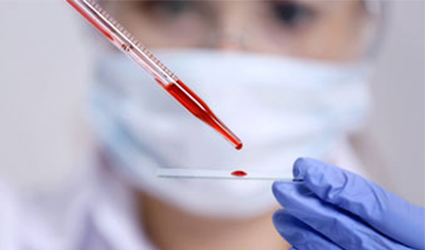The most prevalent type of kidney cancer, clear cell kidney cancer, could be predicted years prior to clinical diagnosis by a crucial biomarker of kidney disease. Kidney-injury-molecule-1 (KIM-1) can be identified in urine and blood and usually exists in little quantities in healthy persons.
A new study published in Clinical Cancer Research, headed by BWH investigators, along with colleagues from Beth-Israel Deaconess Medical Center, evaluates the role of a blood test in detecting elevated amounts of KIM-1 in patients who may develop kidney cancer up to five years in future. Their results reveal that KIM-1 could establish a distinction between those who developed kidney cancer from those who did not.
"Early detection of kidney cancer can be lifesaving. We can cure kidney cancer when we detect it at an early stage, but patients with advanced kidney cancer have a very high death rate," said Venkata Sabbisetti, Ph.D., a research faculty member in the BWH Renal Division. “Our results suggest that with further refinement, KIM-1 has the potential to identify patients with early, curable kidney cancer."
The team noted that supplementing a model with KIM-1 for predicting kidney cancer risk roughly doubled the precision of that model. KIM-1showed significantly higher sensitivity for kidney cancer detection compared to prostate-specific antigen’s sensitivity for prostate cancer.
"We envision that KIM-1 will be useful in settings where the risk of kidney cancer is higher, such as patients undergoing abdominal CT scanning, where KIM-1 could be used to stratify risk of RCC," the authors wrote. "This will be particularly important given the rise of routine CT scans and the strong association between a number of CT scans and number of nephrectomies performed at the regional level in the U.S., indicating a substantial burden of overdiagnosis."
The post New Blood Test Foresees Risk for Kidney Cancer and Survival Five Years Before Diagnosis appeared first on Drugdu.com
from Drugdu https://goo.gl/QgQoHk

没有评论:
发表评论